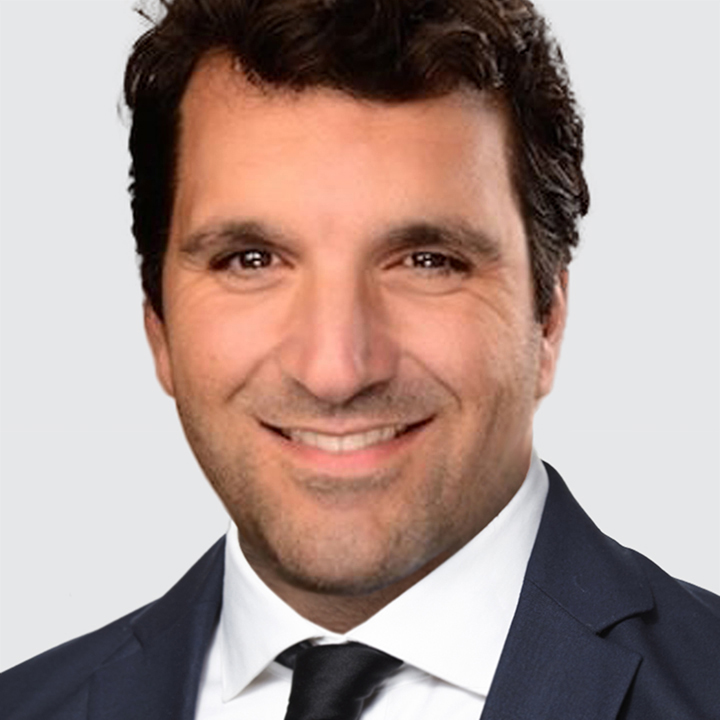Battle of Words
- The outcome of the US presidential debate can offer more insights on how financial markets could perform under a Trump or Harris presidency.
- The UK July labor market data reinforces the case for a cautious BOE easing cycle.
- Norway inflation cools, adding pressure on the Norges bank to start easing.
The overnight trading session was uneventful. USD is a little softer versus most major currencies except JPY and CAD. Asian equity indexes are little changed. US and European equity futures are marginally lower after solid gains yesterday. The US August NFIB small business optimism index is today’s data highlight (11:00am London).
However, the main event is the first debate between Vice President Kamala Harris and former President Trump (9:00pm New York, 2:00am Wednesday in London). With 55 days before the November 5 election, polls and betting markets continue to point to a tight race. The outcome of today’s debate can offer more insights on how financial markets could perform under a Trump or Harris presidency.
Up until President Joe Biden announced he would leave the race on July 21, national polling average favored Trump to win in 2024 by a margin of about 3 percentage points. But polling momentum has shifted against Trump since Harris was tapped as the official Democratic presidential nominee. National polling average currently show Harris leading Trump by between 1 and 3 percentage points.
Regardless, the path to 270 electoral college votes is shaping-up to be a nail-biter. Some polls show Trump has slightly more states either solidly in his corner or leaning his way (here), while others give Harris the edge (here). Meanwhile, both candidates have narrow leads in the seven key battleground states that total 93 electoral votes. The “Sun Belt” states of Arizona, Nevada, Georgia, and North Carolina and the “Blue Wall” states of Pennsylvania, Michigan, and Wisconsin.
If Trump is the clear winner of the debate, we expect a slightly stronger USD and higher Treasury yields. Fiscal and trade policies under a Trump presidency are inflationary. This could force the Fed to keep the policy rate restrictive for longer. However, Trump’s ambiguous currency policy is a USD headwind.
If Harris is the clear winner of the debate, we expect uneven reaction in USD and Treasuries. Fiscal and trade policies under a Harris presidency are less likely to complicate the Fed’s price stability mandate than under a Trump administration.
GBP is firmer versus EUR and USD. The UK July labor market data should keep the BOE cautious from easing too aggressively. In line with consensus, total average weekly earnings ex-bonuses fell three ticks to a two-year low at 5.1% y/y in July. The policy-relevant private sector average weekly earnings ex-bonuses fell four ticks to a 26-month low at 4.9% y/y but still tracking a little above the BOE’s Q3 projection of 4.8% y/y. The unemployment rate matched consensus and dipped 0.1pts to 4.1% in July to be below the BOE’s Q3 forecast of 4.4%. The swaps market continues to imply almost 50bps of BOE rate cut by year-end, which seems about right.
NOK is marginally higher following Norway’s August CPI print. Norway inflation keeps cooling and tracking below the Norges Bank’s forecasts. Headline CPI inflation eased more than expected to a multi-year low at 2.6% y/y in August (consensus: 2.8%) from 2.8% in July. Underlying CPI inflation matched consensus and slowed one tick to a 27-month low at 3.2% y/y. For Q3, the Norges Bank penciled-in headline CPI at 3.9% y/y and underlying CPI at 3.7% y/y. Bottom line: we expect the Norges Bank to engineer a dovish pivot at next week’s policy-setting meeting which is a drag for NOK. The swaps market sees almost 150bps of cuts over the next twelve months.
AUD/USD retraced some of yesterday’s losses. But more pessimistic Australia consumer and business sentiment limits AUD relief rallies. The Westpac Melbourne Institute Consumer Sentiment Index fell -0.5% m/m to 84.6 in August as consumers are becoming more concerned about the economic and job market outlook. Meanwhile, the NAB Business confidence index declined 5pts to a nine-month low at -4 and business conditions dropped 3pts to a 30-month low at 6 on worsening employment conditions.
The RBA continues to argue against near-term policy rate cuts because its more worried about the cost of high inflation. We expect the RBA to join the global easing cycle and slash the cash rate by December (about 70% priced-in). RBA Assistant Governor (Economic) Sarah Hunter speaks tomorrow morning (1:20am London).
USD/CNH is consolidating yesterday’s gains around 7.1200. China’s August trade data remains consistent with sluggish domestic demand activity. Export growth overshot expectations at 8.7% y/y (consensus: +6.6%, prior: 7.0%) but imports rose less than expected at just 0.5% y/y (consensus: +2.5%, prior: 7.2%). Overall, China cannot rely on exports to sustain a recovery in economic activity and needs to stimulate consumer spending. Net exports are too small to matter.

